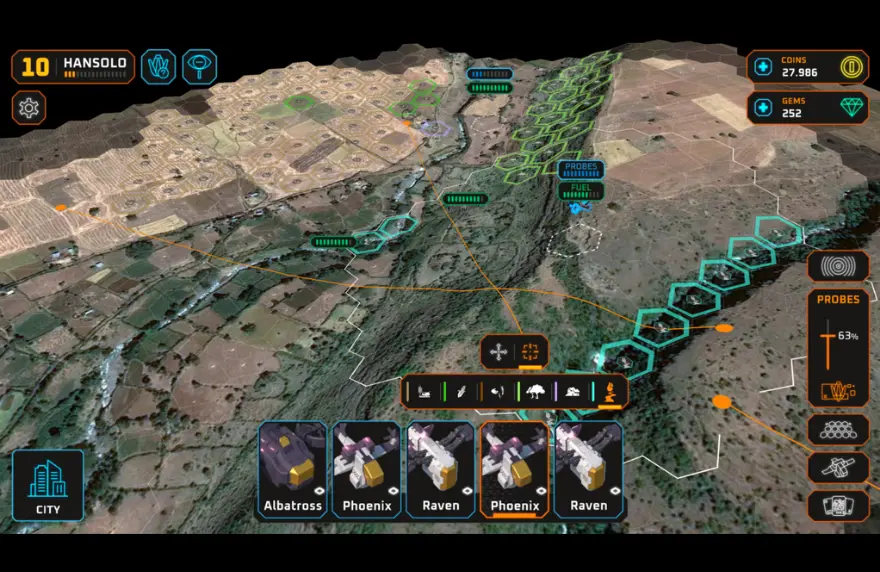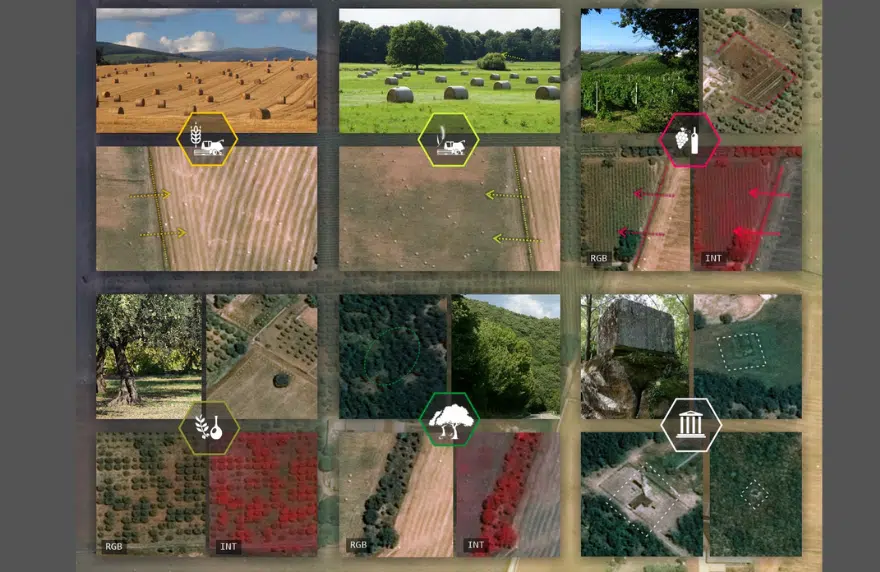In a cooperation with BlackShore, 52Impact, The Hague Centre for Strategic Studies (HCSS) supported by the European Space Agency – ESA, we are about to answer a question I got in many talks during the pré 2020 era 😉
Over the years, I had the honor telling the story of our Cerberus crowdsourcing platform to become in which we use human intelligence to generate maps and thus helps us to solve world problems. Using this platform we gain understanding by mapping disasters, impact of relief and other important matters affecting our planet Earth. Each and every talk I was asked:
“can’t machines do what your crowd is doing”?
Well.. the basis of our whole method is that the crowd gets through e-learning and serious gaming a toolbox so they can answer complex questions by making decisions more based on context and clues than just visual recognition, a task which was and is still hard for artificial intelligence systems…
…regardless, AI is of course an incredible resource, especially related to remote sensing, so with a strong cooperation I am very proud to bring you a new answer.. ..with this announcement, I would like to introduce that we are transforming the Cerberus platform as a mapping engine, into a training engine for machines. You know, to proper train machines there should still be human input somewhere, and that is what we are going to facilitate.
In this project in particular, we will be measuring the impact of the 2020 challenges on the capacity to grow crops, starting in Ethiopia. Ethiopia, is an important cereal producer, and we’d like to help out to see if the country is faring well during this year. We can do this by comparing crop yields during time while we do understand our crowd alone isn’t the best party to monitor for long durations, as well as they had proven to prefer an interest in working on very high resolution satellite imagery, and not on the high resolution being provided by Europe’s Sentinel-2 for example.
To solve this, we have decided to make some changes by creating the best environment for our crowd to excel, and the best environment for machines to be trained with new land information. Hence, the crowd prefers to work with superior image quality, which is vivid and blooming with details, which they also know from other Cerberus campaigns for example, such as what we did on the Solomon Islands. On the other hand, machines, making use of multi spectral bands of satellites do a pretty good job, just doing pixel classifications. So, basically we are maximizing the user experience for the crowd, by triggering their personal curiosity, while we provide machines what they need.
Going a bit deeper in the project at hand and thus the map we are launching for the holidays, we are going to use the crowd to map a controlled area in Ethiopia covering the Kulumsa agricultural research center which is a capture exactly during the 2020 harvest season (November 2020), in which we will carefully request them to do some thorough pattern recognition. Giving them the proper training, by the explanation how you can distinct harvested wheat from teff or barley and maize, will provide us with a vast training dataset to be used to engage in mapping automatically in an area far overarching the control area. Even more, knowing now what certain crop types look like in this country, will allow us to start monitoring over time to start generating trends and better understand (political) stability of countries.
So, the bottom line here, is we are not only making the data chain super-efficient combining commercially available data with high resolution open data, we are also finally answering the question:
The combination of crowds and machines with Cerberus are for us the best of both worlds.
This project is a joint effort of BlackShore, 52Impact and The Hague Centre for Strategic Studies and support by the European Space Agency, whereas we are answering to the call to use space data to understand the impact of the 2020 challenges on our planet. The imagery in this article is credited by BlackShore, Airbus Defence and Space and the European Space Agency.
Hans van ‘t Woud, Founder & CEO of BlackShore, published on December 17, 2020.






